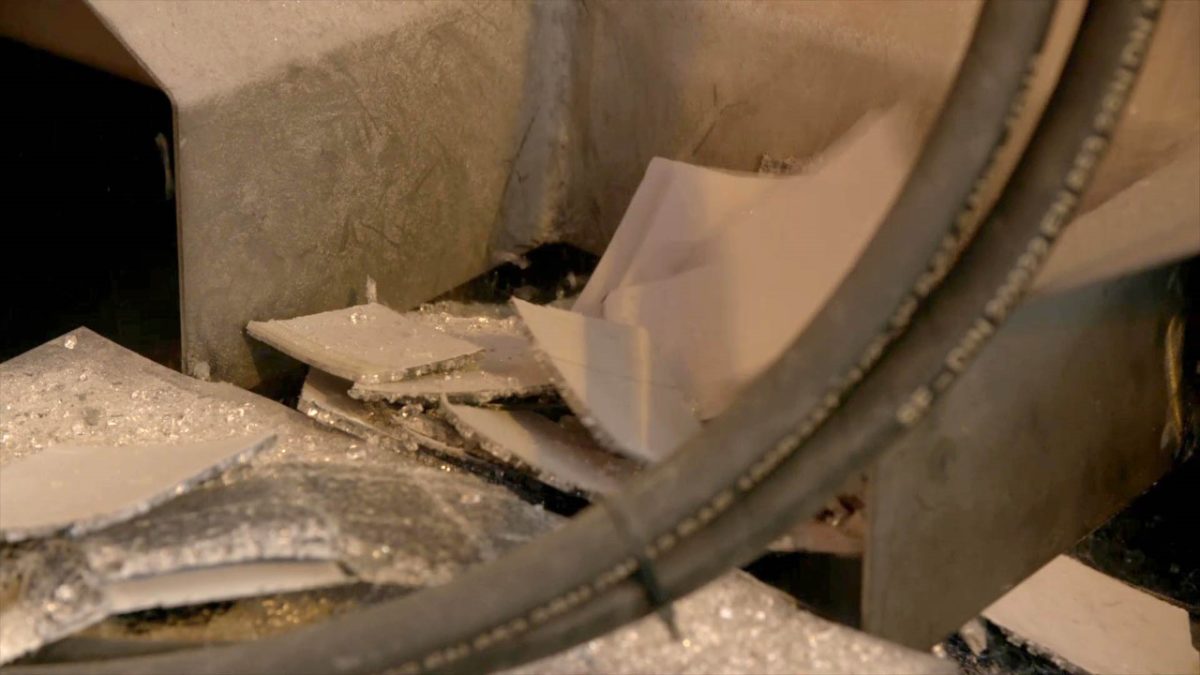The South Korean government is currently defining new rules for the recycling of end-of-life PV modules.
“The Extended Producer Responsibility (EPR) scheme should come into force in 2023,” Kyungrak Kwon, the renewable energy program director of Seoul-based Solutions For Our Climate, told pv magazine.
The government itself is even building a PV module recycling facility, in order to ensure that enough recycling capacity will be in place.
“The 3,600-ton module recycling facility planned for Jincheon county is scheduled for opening by 2021, as part of government efforts to expand solar PV module recycling capacity,” Kwon explained.
However, the facility will not be the only one that is open when the recycling scheme starts.
“There is one 1,000-ton facility currently run by Yoonjin Tech, which is scheduled to add 2,600 tons of capacity by the end of this year,” Kwon added. “Line Tech will build a 2,500-ton facility by 2022, bringing total solar module recycling capacity in South Korea to 9,700 tons.”
A fee will be charged to manufacturers and importers at a per-kilogram rate set by the Ministry of Environment. The funds will be used to support recycling services.
“The government had proposed a rate of KRW 1,200 (US$1.04) per kilogram back in 2018, but this is likely under negotiation between the government and an association of solar PV manufacturers and importers and subject to change,” Kwon stated.
Under the new rules, manufacturers will be responsible for module recycling from 2023. But rather than requiring them to directly recycle themselves, they will be required to pay a recycling fee based on the recycling obligation rate set by the Ministry of Environment. The collected fees will be used to support recycling services.
The new provisions, which will also be applied to other consumer products, such as home appliances and packaging, will be valid for all domestic manufacturers and importers, regardless of whether their PV projects were built under the Renewable Energy Certificate (REC) scheme or not.
“The amount of solar PV retired in South Korea has been minimal so far, hence, regulations so far have been limited, and there is little known on how much is being recycled currently,” Know said.
The new scheme is part of the government’s recently announced plans to boost the domestic PV industry. These plans include more financial support for solar R&D and carbon footprint rules for solar manufacturing.
Seoul plans to install 30.8 GW of solar by 2030. That ambitious target will likely be achieved also with giant solar projects, such as a recently announced 2.1 GW floating solar array and a 3 GW ground-mounted PV plant in the Saemangeum area. The projects were announced by President Moon Jae-in about a year ago.
This content is protected by copyright and may not be reused. If you want to cooperate with us and would like to reuse some of our content, please contact: editors@pv-magazine.com.




3 comments
By submitting this form you agree to pv magazine using your data for the purposes of publishing your comment.
Your personal data will only be disclosed or otherwise transmitted to third parties for the purposes of spam filtering or if this is necessary for technical maintenance of the website. Any other transfer to third parties will not take place unless this is justified on the basis of applicable data protection regulations or if pv magazine is legally obliged to do so.
You may revoke this consent at any time with effect for the future, in which case your personal data will be deleted immediately. Otherwise, your data will be deleted if pv magazine has processed your request or the purpose of data storage is fulfilled.
Further information on data privacy can be found in our Data Protection Policy.